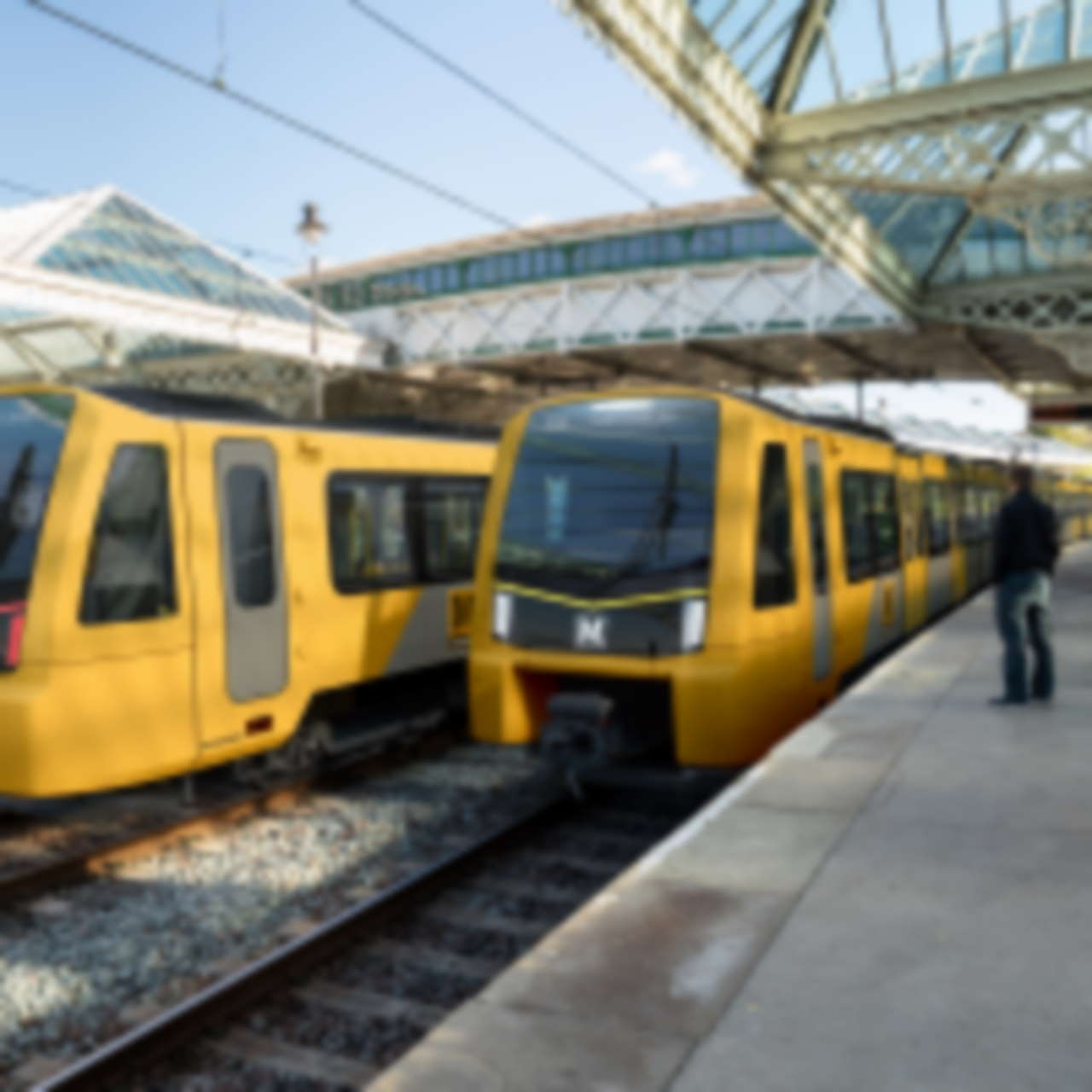The Tyne and Wear Metro is running a campaign to encourage customers to switch from paper tickets to Pop Pay As You Go.
Fares for Metro customers who switch to Pop will not see an increase this year, saving 85p per journey on their cost of travel. Other fares, including standard season tickets, singles, and day tickets, are rose on Friday, 1st April. The increase to help meet Metro’s increased running costs as it faces an ongoing financial challenge because of the impact of Covid-19.
Nexus, the public body that owns and manages Metro, has frozen the price of adult journeys until at least April 2023 for Metro customers that use Pop Pay As You Go. The freeze on the price of adult journeys made by Pop Pay As You Go, as well as a freeze on season tickets bought through corporate schemes, is a key part of plans to increase customer numbers using Metro while still increasing overall fares revenue.
The new campaign, ‘Say goodbye to paper tickets’, will include system advertising and Nexus staff handing out Pop cards across the network to encourage customers to make the switch.
Currently, 85% of all Metro tickets are purchased from ticket machines. Only 15% of all journeys are made with a Pop card, or Pop on Android.
Customer Services Director at Nexus, Huw Lewis, said: “By making the switch from paper tickets to Pay As You Go, our customers won’t see a price increase. This is the best way to save money on the cost of your Metro travel.
“Our fares plan means that customers won’t have to pay more for their Metro travel until at least April 2023 if they switch from paper tickets to Pop, or buy corporate season tickets. We hope this will encourage people to make more frequent journeys, for a combination of leisure travel and commuting.
“This is a great price incentive to make the switch to smart travel, and it’s now even easier to use Pay As You Go now that it’s available as an app on Android smartphones.”
“Our overall fares need to go up in order to help us to meet our running costs at a time when Nexus faces enormous financial challenges emerging from the pandemic. We believe this sets the right balance between increasing fares revenue and attracting customers back to Metro.
“Since the Covid-19 pandemic began we have required extra financial support from the Government of over £40m.
“Metro is a public service that doesn’t make a profit, so we require Government support alongside the revenue that we get from fares, all of which goes back into keeping Metro running.”





Responses